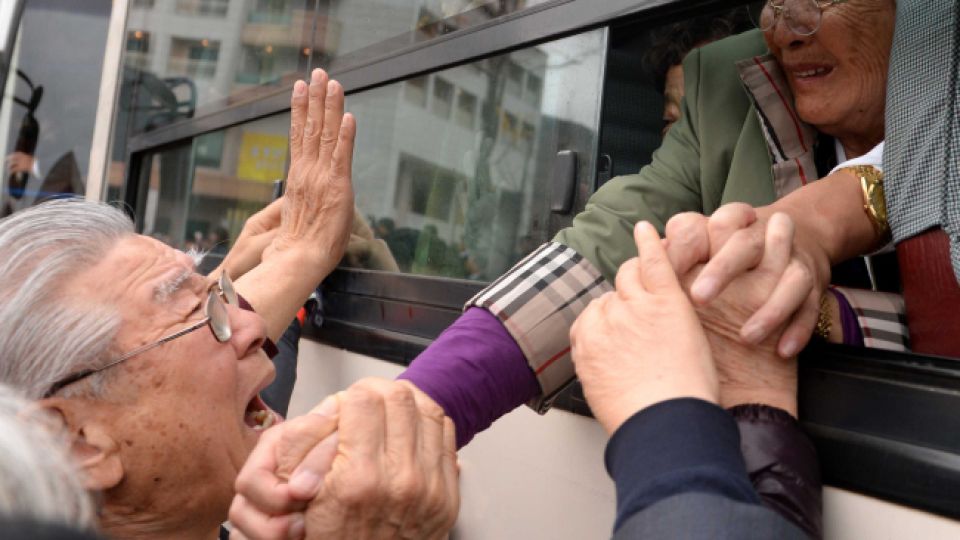SEOUL (ANN/KOREA HERALD) – South Koreans with relatives in North Korea have been cut off from their kin across the border for over a year, according to recent government data. This situation underscores the deteriorating relations between Seoul and Pyongyang.
The Ministry of Unification revealed that there has been no contact between separated families at the civilian level since February of last year.
This includes individuals attempting to connect with their relatives through non-governmental brokers, a process which must be reported to the government.
No government-arranged reunions have taken place since 2018. Civilian-level contacts have also significantly dwindled due to worsening inter-Korean relations and travel restrictions brought on by the COVID-19 pandemic.
Such contacts are typically facilitated by civilian groups that send letters or arrange meetings through countries maintaining formal relations with North Korea, such as China.
Both China and North Korea reopened their borders last year as the pandemic subsided, but government data shows that none of the separated families attempted to contact each other.

Inter-Korean relationships have become even more frosty in recent months, particularly with hardliner comments by the North’s leader Kim Jong-un, and the sending of trash-filled balloons that have bombarded South Korea since late May.
Police data showed Tuesday that the balloons from the North have been found across 3,359 locations across the country.
Last December, Kim directly said unification between the Koreas is no longer possible, and that the communist state’s constitution should be changed to define South Korea as its “principal enemy.”
An exchange between the separated families is a pressing issue as 66.9 percent of them are aged at least 80. In South Korea, 38,139 surviving people have applied for a reunion with their families as of June this year.
The 1950-53 Korean War, sparked by the North’s invasion of the South, is presumed to have left hundreds of thousands of families separated. A 2005 report by Statistics Korea showed that there were 716,000 South Koreans with at least one family member in North Korea.




